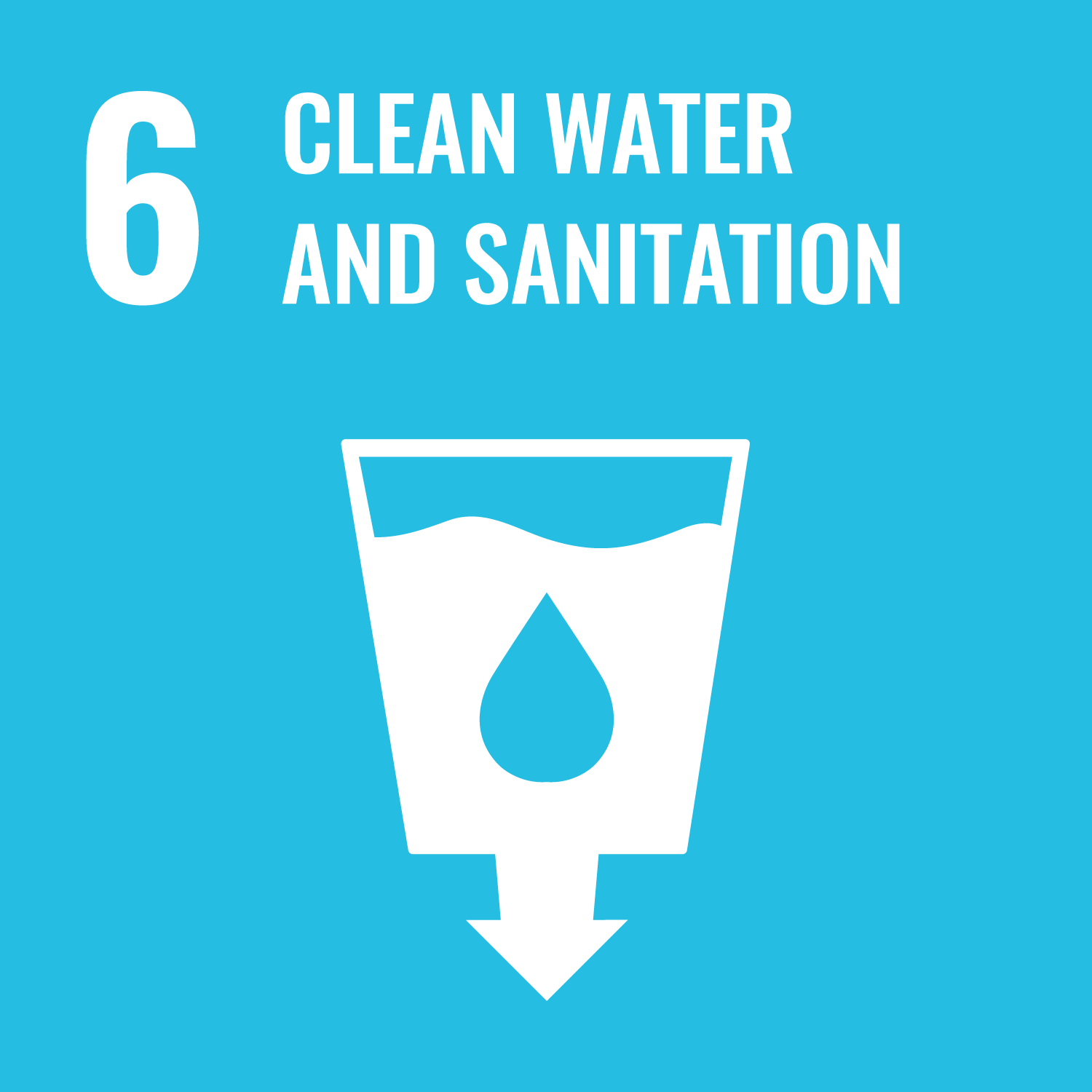All our projects follow medium and long-term objectives, defined with local partners in line with the United Nations Sustainable Development Goals (SDGs).
In 2015, 193 States adopted the Sustainable Development Goals. The signatory States aim to:
Adopted at the Paris Climate Conference, also known as COP21. This conference focuses on the challenges to overcome in order to combine human prosperity with the protection of the planet.
17 goals were highlighted and adopted. They are all a continuation of their predecessors, the Millennium Development Goals, set in 2000.
In 2015, these came to an end: it was a great success, with extreme poverty reduced by 50% worldwide. Building on this momentum, new goals were set in 2015 for 2030.
However, the SDGs go further:
Freepackers contributes to the achievement of the SDGs through all its projects:
This SDG aims to put an end to hunger and malnutrition in all its forms within the next 10 years.
Freepackers offers various projects and internships to support populations suffering from malnutrition through:
For example:
The community project in Fiji aims to reduce malnutrition in the Dawasamu district.
Different measures have been implemented:
The district nurse reported that between February and October 2018, there was a real decrease in malnutrition among children under five years old.

Education is a key aspect, and having access to quality teaching means improving one’s future and increasing the chances of empowerment.
Freepackers provides access to a large number of educational projects within communities that need educational support.
Our women’s empowerment program in Cape Town:
We have developed a program for local women who wish to improve their computer skills in order to find employment.
Together with the host organization, we continue to develop our lessons to provide them with the best possible tools for empowerment.

Achieving this goal means eradicating laws, norms, and discriminatory practices, which are still widespread in our society.
Our women’s empowerment and education programs:
By giving women the skills they need to be competitive in the job market, and by instilling in them a renewed sense of self-confidence, all these programs contribute to achieving Goals 4 AND 5.
For example: helping local women in South Africa develop their computer skills to find a job more easily contributes to eradicating gender inequalities.
This is a mission that several Freepackers programs are working on.

Several communities do not have reliable and permanent access to drinking water, especially in rural areas. Therefore, we aim to reduce these risks in several Freepackers projects.
The case of the Seychelles:
After the 2004 tsunami, there were concerns that the ecosystem of the Curieuse Marine National Park (CMNP) would suffer significant decline.
To address these concerns, our partner teamed up with the Seychelles National Park Authority (SNPA) and began monitoring the forest in 2013. The water services provided to society come from ecosystems.
Ensuring the health of our mangrove forest is our way of supporting global efforts to improve water quality.
We therefore offer a forest monitoring mission as part of our marine and environmental conservation programs.

Freepackers also supports communities by helping them find decent jobs. The goals are:
Several projects contribute to improving the living standards of local communities.
Marine conservation programs in Mexico:
These programs now provide scholarships to locals most in need. They also strengthen cultural interactions between participants and local residents.

In line with this Sustainable Development Goal, we strive through different projects to conserve the oceans, seas, and marine resources.
This is particularly the case for all our marine conservation programs in Mexico, Costa Rica, and Fiji.
By training with us, Freepackers contributes to the protection of marine ecosystems, the oceans, and their inhabitants.
In practice, the different bases strive to make ethical environmental choices, some of which include:
Most of our bases also organize beach clean-ups whenever possible.
They are located in coastal villages and focus on community development, marine, or wildlife conservation. Everyone helps clean our oceans!

Goal 15 focuses on the preservation and restoration of different terrestrial ecosystems.
Many projects contribute to the protection of various species and support wildlife against the different threats and challenges it faces.
For example:
This is the case in the program located in Limpopo, South Africa. Staff and volunteers help with:
In this section, we present the research conducted in Limpopo on the predation habits of resident cheetahs.

We also take part in establishing a global partnership for sustainable development by working directly with various local associations within communities.
Indeed, as recognized by the United Nations, it is essential to partner and work together.
Freepackers embodies this in everything we do, by building unique and collaborative relationships with each of the communities where we are present.
